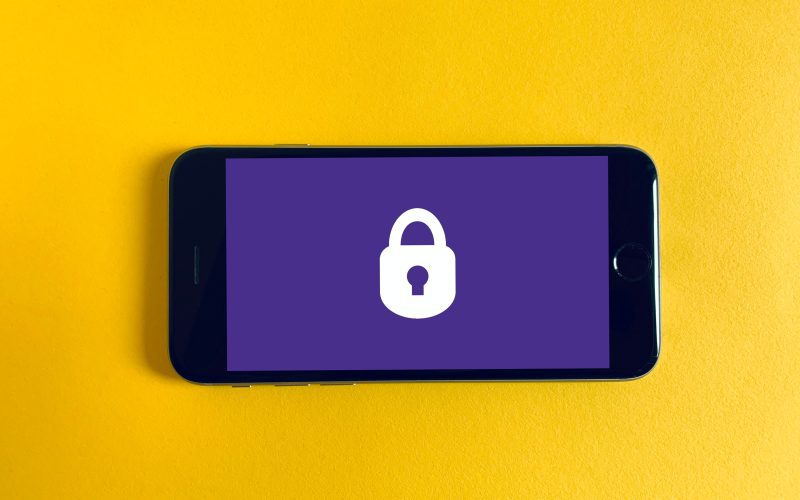In the age of technology, cyber threats are an ever-present danger. Every day we hear news of new data breaches, malicious attacks, and online scams that can put us at risk. And while these cybersecurity threats may seem daunting, there are simple steps you can take to protect yourself and your information online. This article will provide you with the essentials of cybersecurity: what it is, why it matters, and how to protect yourself from cyber crimes. Read on to learn more about how to stay safe online in this digital world.
What is cybersecurity?
As our lives move increasingly online, so too do the risks to our safety and security. Cybersecurity is the practice of protecting electronic information from unauthorized access or theft. This can include anything from your personal data to sensitive government information.
There are a number of ways to protect yourself and your data online. The most important is to use strong passwords and to never reuse them across different accounts. You should also enable two-factor authentication whenever possible. This adds an extra layer of protection by requiring you to confirm your identity with a code sent to your phone or email before you can log in.
Other good practices include keeping your software up to date, backing up your data, and using a secure VPN when connecting to public Wi-Fi networks. By following these simple steps, you can help keep yourself and your data safe from cybercriminals.
The importance of cybersecurity:
In recent years, cybersecurity has become a hot topic. With high-profile data breaches making headlines on a regular basis, it’s no wonder that people are concerned about their online safety.
Unfortunately, many people still don’t understand the basics of cybersecurity. They don’t know what steps they can take to protect themselves and their families online.
That’s why it’s so important to educate yourself about cybersecurity. By understanding the risks and taking steps to mitigate them, you can greatly reduce your chances of becoming a victim of a cyberattack.
Here are some essential tips for staying safe online:
- Use strong passwords and never reuse them.
- Enable two-factor authentication wherever possible.
- Keep your software up to date.
- Be cautious about what you click on and download.
- Don’t share personal information online unnecessarily.
The basics of staying safe online
In today’s digital age, it’s more important than ever to be aware of cybersecurity and how to stay safe online. With so much of our lives now taking place online, from shopping and banking to socializing and working, it’s crucial to understand the basics of cybersecurity. Here are some key things to keep in mind to help you stay safe online:
- Use strong passwords and never reuse them. A strong password should be at least eight characters long and include a mix of letters, numbers, and symbols. Avoid using easily guessed words like your name or birthdate.
- Be cautious about clicking on links or attachments in emails, even if they appear to come from a trusted source. Cybercriminals can use email spoofing to make emails look like they’re from a legitimate sender when they’re not. If you’re unsure about an email, contact the sender directly to confirm before clicking on anything.
- Keep your software and apps up to date. Software updates often include security patches that can help protect your devices and data from vulnerabilities.
- BACK UP YOUR DATA! This cannot be stressed enough. Whether it’s photos, videos, work documents, or anything else, backing up your files is essential in case of a ransomware attack or other data loss incident. There are a number of cloud storage options available, so find one that works for you and make sure your important files are always backed up.
Following these simple tips can help you stay safe online
More advanced tips for staying safe online
There are a few more advanced tips you can follow to stay safe online:
- Use strong passwords and never reuse them. A strong password is at least 8 characters long and includes a mix of letters, numbers, and symbols.
- Use two-factor authentication whenever possible. This adds an extra layer of security by requiring you to enter a code from your phone in addition to your password when logging into an account.
- Be careful about what you click on. Don’t open emails or attachments from people you don’t know, and be wary of links in emails or on websites that could be malicious.
- Keep your software up to date. Install security updates for your operating system and other software as soon as they become available. These updates often include fixes for newly discovered security vulnerabilities.
- Back up your data regularly. This way, if your computer is ever compromised, you won’t lose important files or photos
Conclusion
With the right knowledge and tools, anyone can stay safe while they are browsing online. Cybersecurity is an ever-changing field and it is important to stay informed on the latest developments in order to keep yourself protected. By following the essentials of cybersecurity outlined above, you will be much better prepared to deal with any threats that may come your way. Remain vigilant and always strive for a secure digital future!












